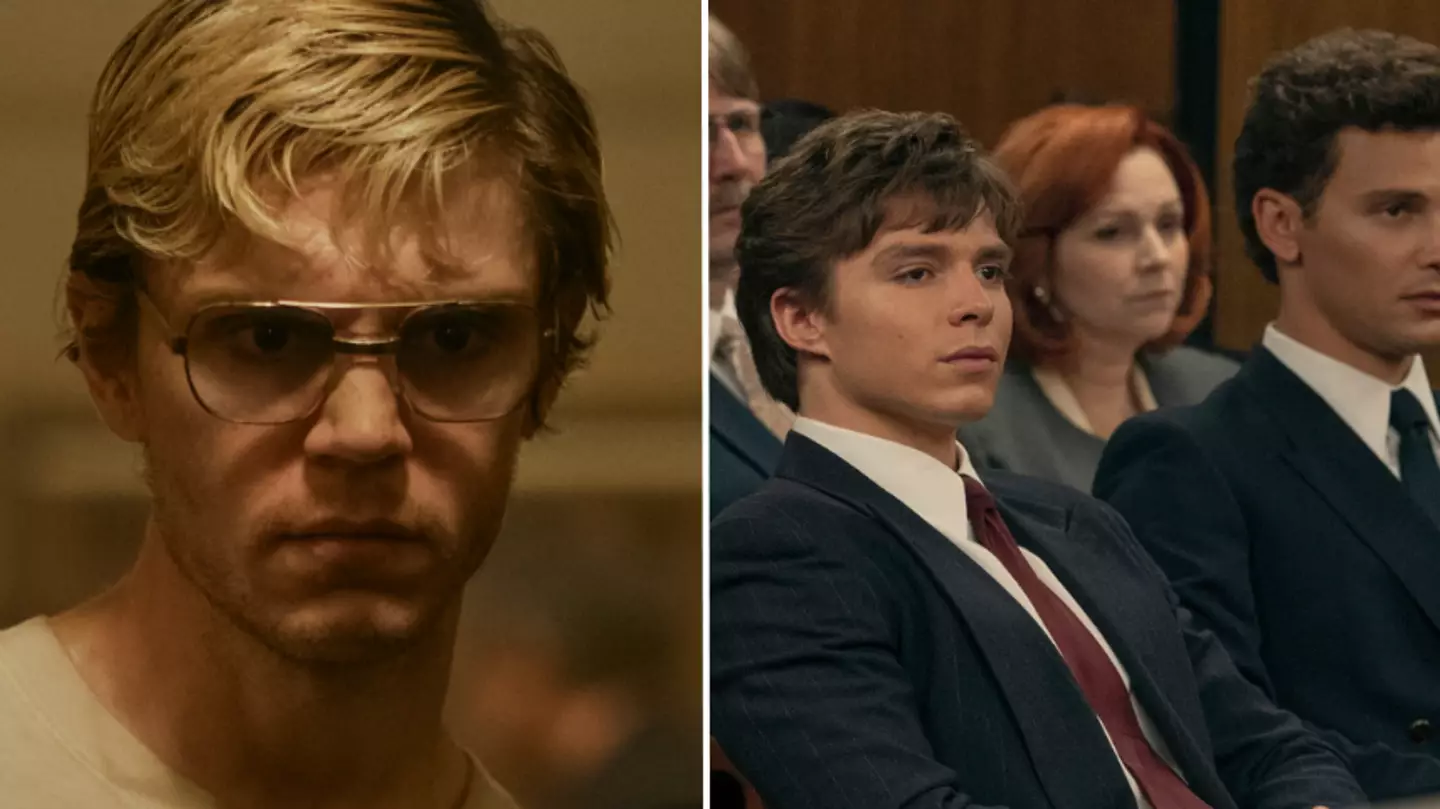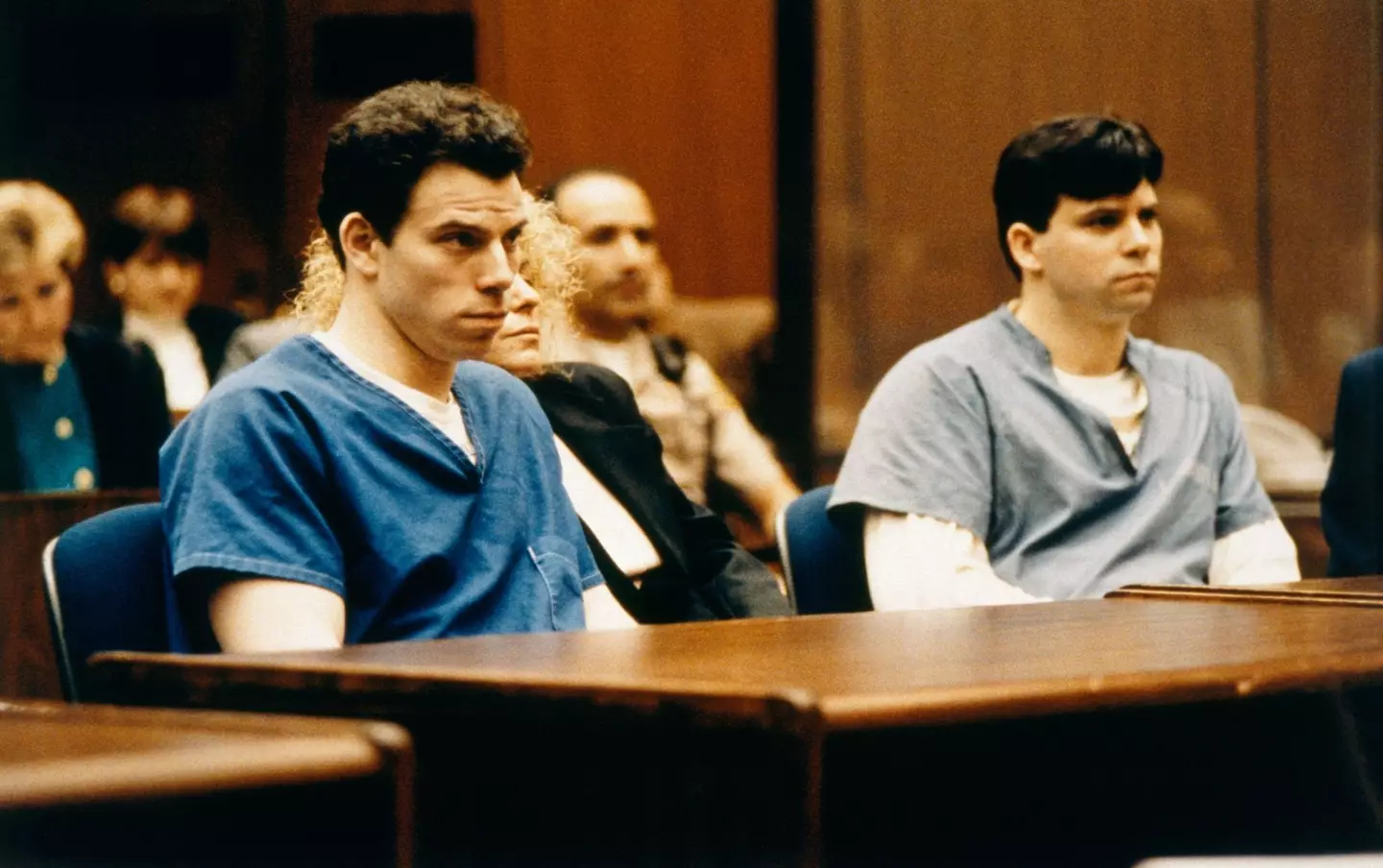
Watching true crime content has become a favourite morbid hobby for many people, and an expert has revealed why a lot of us feel so compelled to the genre.
For those who are addicted to Netflix's latest instalment of Ryan Murphy's Monsters franchise, you’ll know the story of the real-life brothers Lyle and Erik Menendez who murdered their parents, José and Kitty, back in 1989.
While the show contains fictionalised details, it explores court room scenes, investigation insights and gory details about the family at hand.
Advert
It’s easily engrossing a significant amount of people every day, but why?
Well, according to Coltan Scrivner, it’s a complex issue.
The research scientist at Recreational Fear Lab thinks there’s one main reason why people watch such dark content.

Advert
According to Scrivner, morbid curiosity is something that began around 300,000 years ago when humans started using language and proactive aggression instead of reactive aggression.
He said: “Now this presents a problem for people because with proactive aggression it’s hard to tell who is plotting to harm you.
“So this put a selection pressure on our minds to learn to seek out information about people who are potentially dangerous.”
According to the research scientist, people are obsessed with true crime as it prepares them for a similar situation.
Scrivner continued: “True crime can have a learning component to it or at least a perceived learning component. We feel like we’re more prepared in these kinds of situations. So if this dangerous situation were to occur, you feel a little more prepared and know what you should or shouldn’t do.”
But it’s not unlikely.
Advert
OnePoll conducted a survey using 2,000 self-proclaimed true crime fans found 76 percent believe that true crime could help avoid similar situations happening to them.
According to the survey, the average participant watched around five true crime shows or films every month and 75 percent of respondents admitted they watch the latest show as soon as it drops.

71 percent even said they’ll binge-watch it in one go.
Advert
What’s even more morbid is that nearly half of the survey participants had a ‘favourite’ serial killer and 67 percent would want to talk with one.
But does this make those people more likely to be violent?
Scrivner said: “So there are distinctions between becoming desensitised to seeing graphic content on your television and being OK with graphic content happening around you. A great example of this would be the research on violent video games over the course of the last 20 years.
“It was a huge deal because people were concerned that as video games became more realistic and as the violence became more realistic that it would cause kids, in particular, to become more violent.
Advert
“But the research is pretty clear at this point that playing violent video games doesn’t make kids more violent, I would be fairly sure that the same is true of something like true crime, where watching true crime doesn’t make you less empathetic towards the victims or more empathetic towards the killer or anything like that.
“It might have some psychological effects but it’s very unlikely that it would have any effects along those lines.”
Topics: Crime, TV And Film, True Crime, Science, Menendez Brothers
